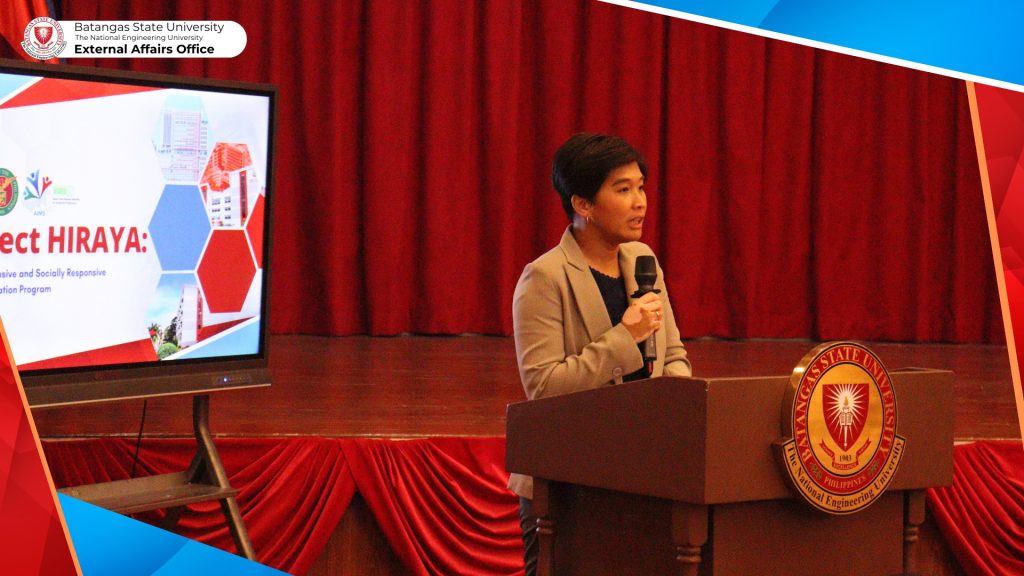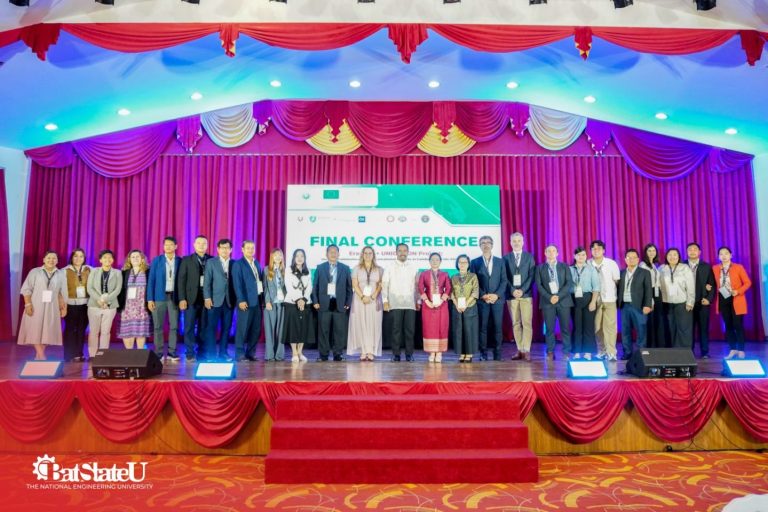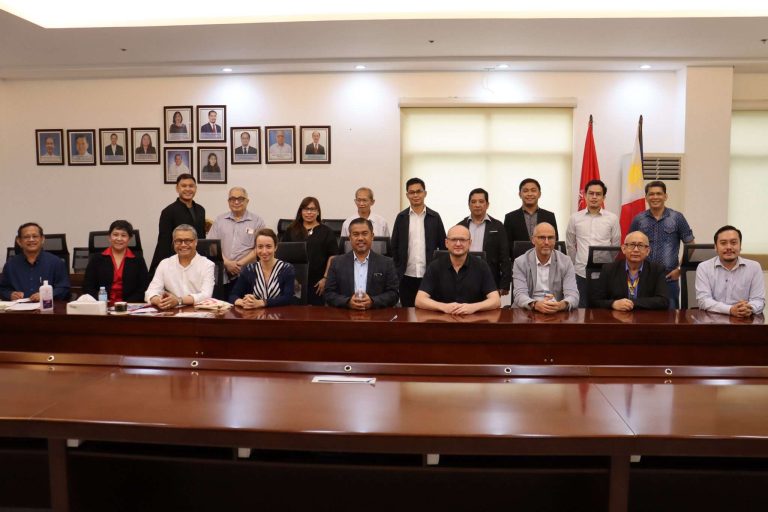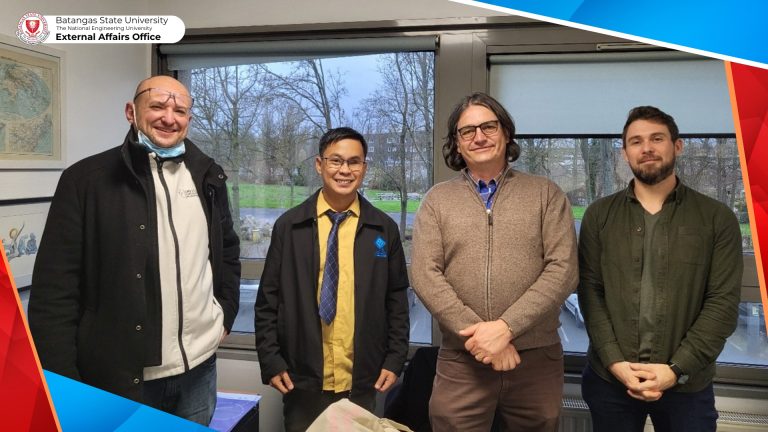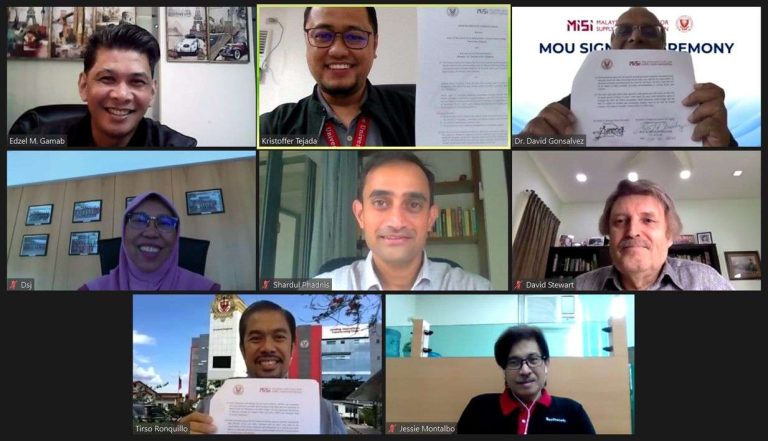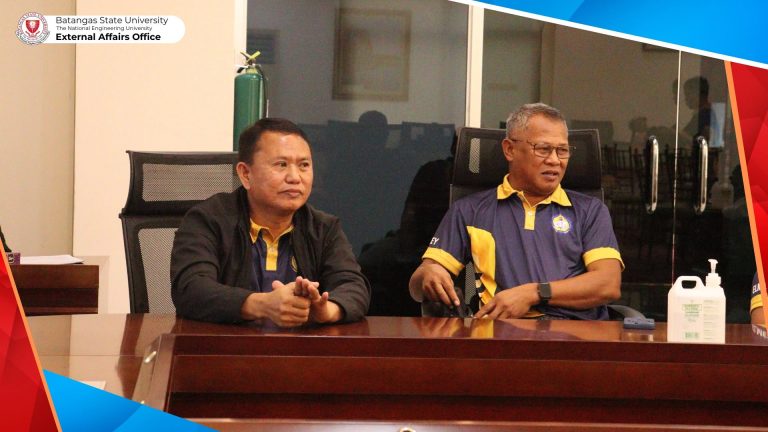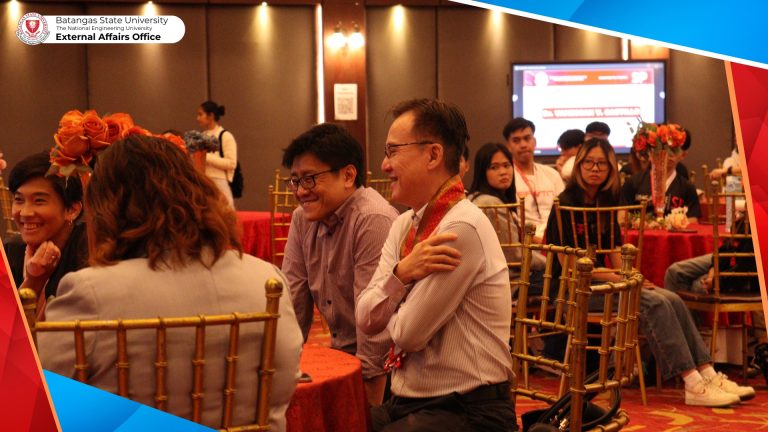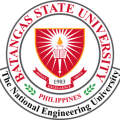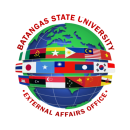Project HIRAYA Ignites Inclusive Innovation and Regional Unity at Batangas State University
Project HIRAYA Ignites Inclusive Innovation and Regional Unity at Batangas State University
Project HIRAYA: Honing an Inclusive and Socially Responsive Internationalization Program is a trilateral short-term exchange initiative under the Asian International Mobility for Students (AIMS) Programme, designed to promote regional academic cooperation, cross-cultural collaboration, and community-rooted innovation. The program is jointly organized by the University of the Philippines (UP) as lead proponent, in partnership with Batangas State University – The National Engineering University (BatStateU The NEU) and the Central Bicol State University of Agriculture (CBSUA), with coordination from the UP Office of International Linkages.
The program runs from June 9 to 27, 2025, spanning three legs across the Philippines. It began at UP Diliman from June 9 to 18, where the university showcased its leadership in advancing higher education internationalization. The first week centered on Sustainable Development Goal (SDG) 17: Partnerships for the Goals, highlighting best practices in international collaboration, mobility, and institutional innovation.
From June 18 to 21, Batangas State University hosted the second leg of the exchange, welcoming 72 participants—22 students from UP, 10 from BatStateU, and 40 international students from Indonesia, Malaysia, and Singapore. The international delegation represented top institutions, including the Islamic Science University of Malaysia, Universiti Malaysia Terengganu, Universiti Kebangsaan Malaysia (UKM), Universiti Utara Malaysia, Universitas Komputer Indonesia, Gadjah Mada University, National University of Singapore, Universitas Indonesia, and Universiti Sains Islam Malaysia.
The BatStateU leg officially opened on June 18, participants were welcomed by Dr. Vaberlie P. Mandane-Garcia, Vice President for Development and External Affairs, who emphasized the importance of socially responsive internationalization. Mr. Guillian M. Mecate, Head of Program Development and Strategy of the UP Office of International Linkages, presented an overview of the program and introduced the UP and AIMS delegates. Dr. Teodorica G. Ani, Director of External Affairs at BatStateU, introduced the university’s local participants. The event featured a cross-cultural dance performance from the Office of Culture and Arts and a guided campus tour of BatStateU’s innovation and sustainability facilities.
On June 19, students engaged in coursework on Design Thinking and Social Innovation, developing collaborative, human-centered solutions to real-world challenges. A key highlight of the day was the participation of community representatives from Sitio Bajaoan, Malitam and Gawad Kalinga, San Pedro, both in Batangas City. These community leaders shared pressing local issues—referred to as “pain points”—that deeply informed the students’ design process, strengthening the Global-to-Local (G2L) orientation of the program and ensuring relevance to the grassroots context.
June 20 was dedicated to the finalization of proposed solutions, where teams refined their concepts with input from faculty mentors and peers. These interdisciplinary outputs reflected not only creativity and technical skill but also empathy, sustainability, and cultural understanding.
The program culminated on June 21 with student presentations, where each team showcased their innovative solutions, followed by a Closing Program that celebrated their achievements and the collaborative spirit of the exchange. In the afternoon, students explored local culture through a tour hosted by the Batangas Provincial Government, featuring the Verde Island Passage Immersive Experience—highlighting Batangas’ status as the world’s center of marine biodiversity—and the Museo ng Batangas, which offered deeper insights into the province’s rich cultural heritage.
The delegation proceeded to CBSUA in Bicol on June 22, where the final leg of the program will run until June 25, continuing the shared journey of regional learning and international cooperation.
Project HIRAYA serves as a pioneering model of short-term academic mobility in Southeast Asia, blending academic rigor, intercultural collaboration, and community engagement. Batangas State University and the University of the Philippines are part of the UNICATION Network, a collaborative initiative that aims to strengthen and build the capacity for internationalization among Philippine higher education institutions. Through this network and initiatives like HIRAYA, Philippine universities are building bridges across borders while staying grounded in local realities.

